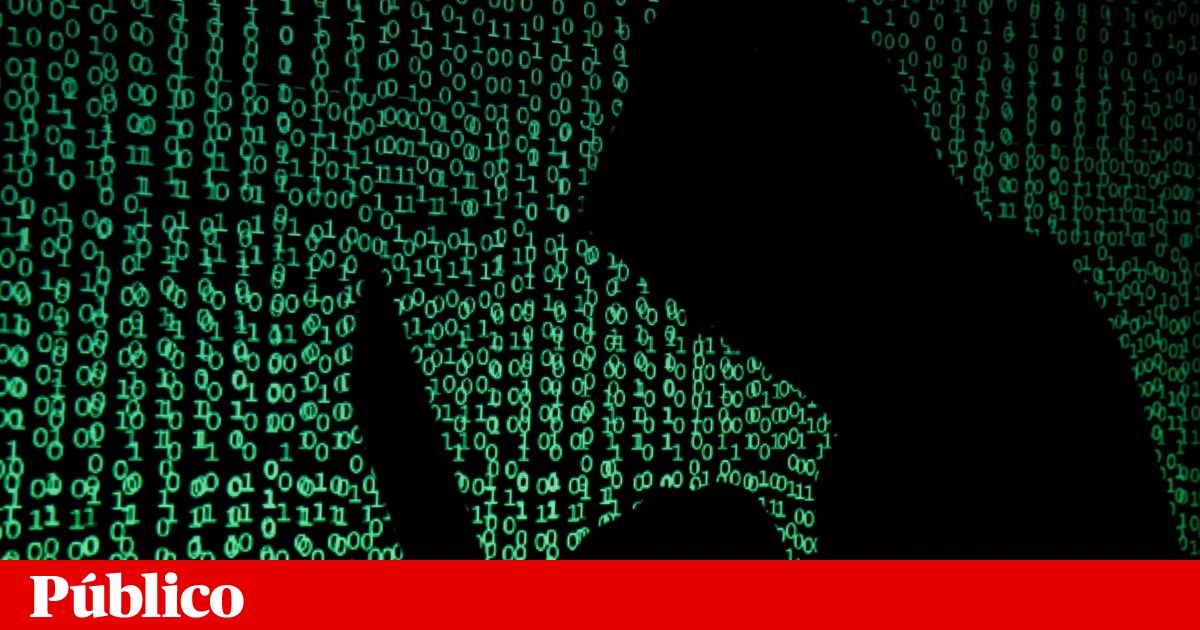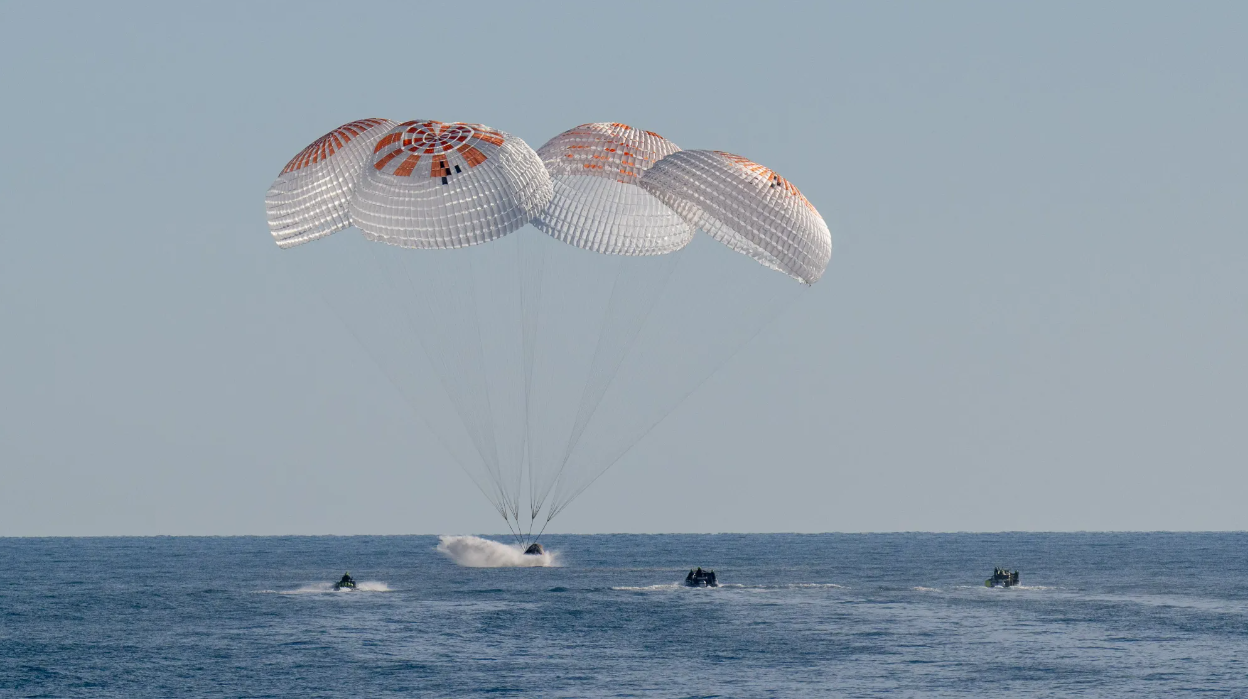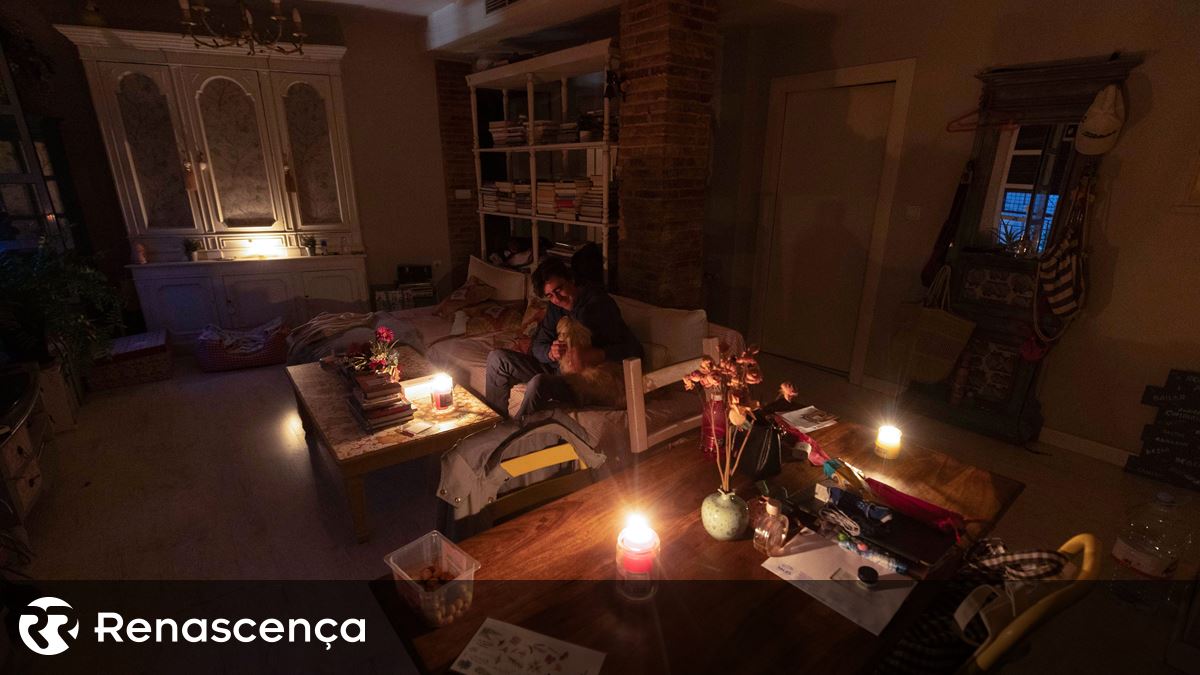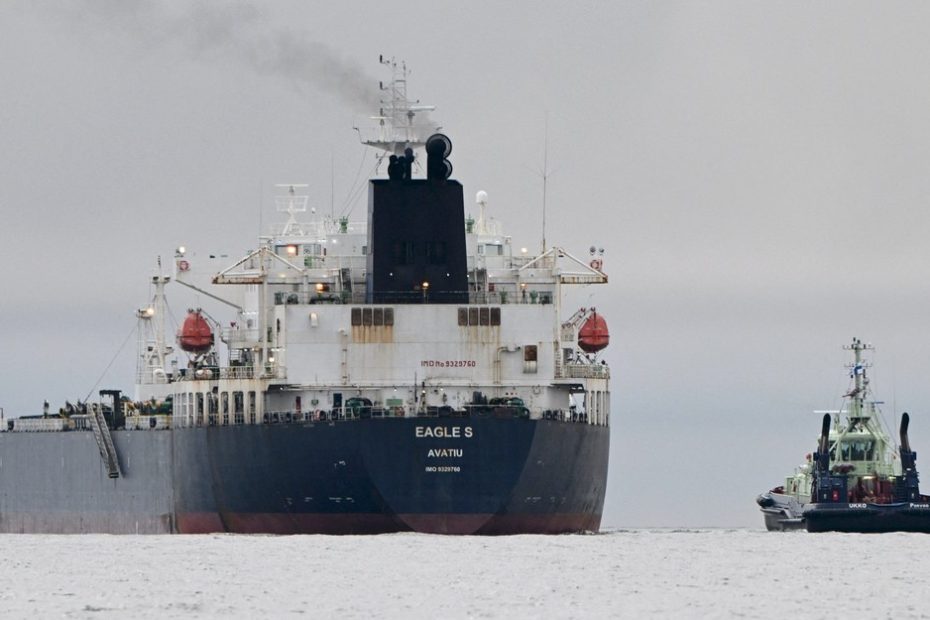A wider war has begun in Europe
Putin's not-so-quiet sabotage of European democracies


Powered by ElevenLabs and Audio News (Noa) Use AI narration. Listen to more stories on the Noa app.
Over the past three years, Russia has used missiles and drones to locate and destroy critical infrastructure in Ukraine — power plants, dams, transmission lines. Everyone understands that these attacks are acts of war, no matter how firmly President Vladimir Putin describes them as part of a “special military operation.” Yet when Russia targets other European neighbors, Western countries use their own euphemisms to avoid directly acknowledging what Putin has done.
Last month, the undersea cable Estlink 2 connecting Estonia to EU and NATO member Finland was suddenly cut. The EU's top foreign policy official described the incident somewhat dryly, without explicitly blaming Russian agents: It was just “part of a pattern of deliberate and coordinated actions aimed at damaging our digital and energy infrastructure,” she said. Clearly, cutting the cord is a less overt form of aggression than Putin's full-scale invasion of Ukraine. The common denominator, however, is that Russia is using force to undermine the independence of a recognized state and its ability to fight back.
Undersea cables are vital to Estonia’s sovereignty. Estonia, a former Soviet republic bordering Russia, desperately needs to maintain power and communications channels that are not controlled by Moscow. Shortly after the Estlink 2 was sabotaged, Finnish authorities seized the tanker Eagle S, which was en route from St. Petersburg, Russia, to Egypt. The ship, registered in the Pacific Cook Islands, is likely part of Russia's so-called Shadow Fleet, a group of foreign-flagged tankers used by Putin's regime to sell Russian oil and circumvent international economic sanctions imposed after the invasion of Ukraine.
However, the Eagle S apparently also had a secret military purpose: Investigators discovered that the ship was crammed with advanced surveillance equipment that used so much electricity that the ship had regular blackouts. Finnish authorities concluded that the Eagle S had dragged its anchor “tens of kilometers” across the Baltic Sea floor in an attempt to breach the Estlink 2 line.
Still, in this case and others across the continent, European officials seem afraid to acknowledge what is happening. Authorities in several countries are investigating packages that spontaneously ignited or exploded while in the custody of cargo airlines, perhaps in preparation for a wider operation that could threaten many large aircraft. The saboteurs targeted many other strategically important assets in Europe – arms factories, vital railway lines – as well as civilian infrastructure such as warehouses and shopping malls.
Investigators believe Russia was behind the attack. In December, the EU imposed sanctions on certain Russian individuals and entities in response to recent sabotage. Still, official announcements refuse to use the word war Describe Moscow's activities outside Ukraine. Instead, the EU condemned Russia's “destabilizing” and “malign behavior.”
The inability to describe acts of war as acts of war is part of a culture of distortion and denial of the subject of state-sponsored violence. Over generations, policymakers have created many subcategories of conflict: Cold War, police operations, hybrid warfare, cyber warfare. Different euphemisms serve different purposes. Putin prefers special military operations Because he did not want to publicly admit that he was waging a brutal war against Ukrainians. Many Europeans avoid describing Russia's sabotage outside Ukraine as a war because they would rather not have to respond in any way.
European officials would do well to be honest about the reality they face. Putin's invasion of Ukraine is only the most high-profile part of what appears to be an increasingly global war. At the end of last month, an Azerbaijani passenger plane was hit over Russia and forced to land in Kazakhstan. North Korean troops were transported thousands of miles to fight and die on European soil. European governments are hesitant about how much to go to help Ukraine resist Russian aggression, and they have no clear strategy to stop or limit the sabotage now taking place on their soil. Admitting that Russia is engaging in acts of war does not mean that the EU or individual countries must immediately retaliate with force. but this word war There is a way to focus one's mind – and tapping into it might make European leaders think harder about how to defend themselves when they can no longer rely on the United States.
Since the collapse of the Soviet Union in 1991, and arguably since the defeat of Nazi Germany in 1945, democratic Europe has tended to view war as a problem for Washington to deal with rather than one that required their own leadership. European countries might provide some soldiers and equipment, but without the burden of any serious planning or strategizing. This lax attitude is no longer tenable. Every leader on the continent needs to understand that Putin wants to upend the entire European order and that the United States, a long-standing ally, can no longer be trusted. President-elect Donald Trump openly disdains many European governments and appears willing to abandon the United States' role as the continent's protector.
Although European leaders have largely refused to consider war, EU member states and other democracies on the continent still have all the prerequisites for military force. Although the United States, China, and many developing countries have much faster economic growth, the European Union, the United Kingdom, and other European democracies together have a population of about half a billion people and account for about a fifth of the world's GDP. EU member states have military forces with the most advanced equipment in the world. The combination of Putin's aggressiveness and Trump's indifference should be an opportunity for Europe to take charge of its own defense. The first important step in realizing this is to acknowledge what has happened: calling war a war.










